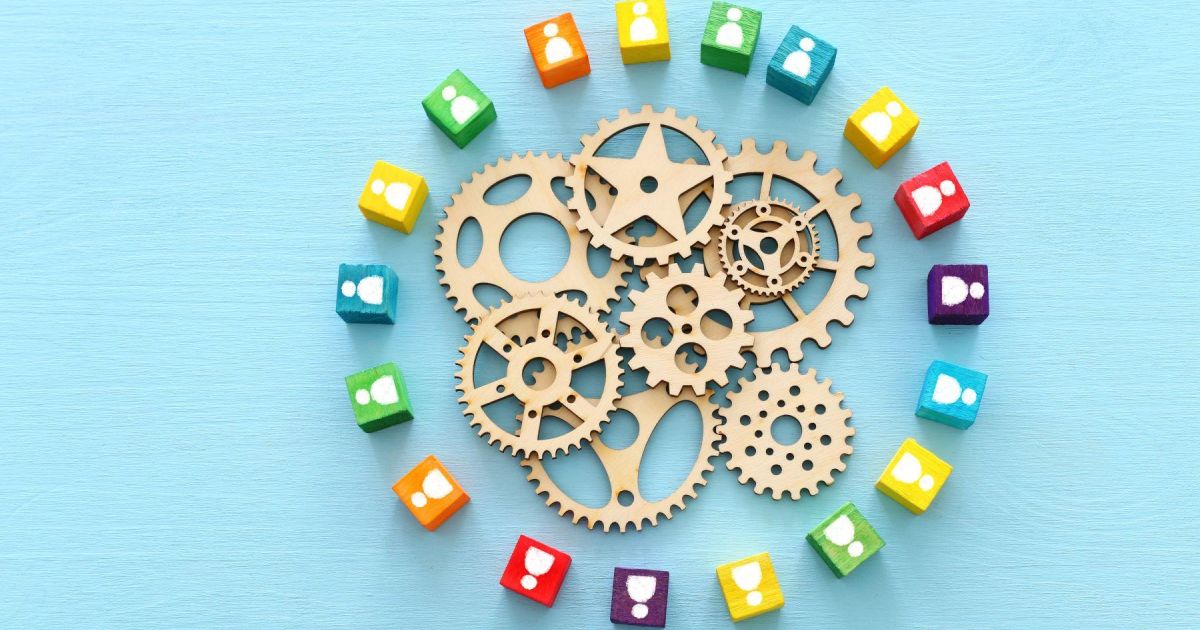New Year, New Challenges! What does 2025 have in store for the world of Human Resources? After reviewing numerous reports on the topic, here’s our selection of three key trends that could profoundly shape the HR profession.
1. The Rise of “Agentic AI”
The first trend comes from Jean-Baptiste Audrerie, founder of the consulting firm Nexa RH and an expert in HR technology. In a forward-looking blog post, he introduces the concept of agentic AI, which he describes as “potentially more disruptive for office workers than generative AI.” These autonomous systems perform actions independently, automating tasks at unprecedented speed.
In an article published in Forbes, consultant Solange Charas expands on this with the concept of the Agentic Workplace.
“The workplace is undergoing a profound transformation. AI is no longer just a tool; it’s becoming a collaborator,” she explains. This shift paves the way for agentic workspaces, environments where humans closely collaborate, delegate tasks, and orchestrate the work of digital and robotic agents.
In practical terms, team budgets may soon include not only employee salaries but also investments in AI systems that serve as complementary contributors.
“Self-service and automated workflows need to be fully leveraged (too often timidly implemented),” emphasizes Audrerie, highlighting the efficiency gains these tools can bring.
Are you ready to work alongside your new “colleagues”?
2. The End of the Office Return Myth
Despite radical attempts to mandate full-time office returns, most employers have accepted a new reality: hybrid remote work is here to stay.
Today, hybrid work is the norm, and there’s no going back,” says Lynda Pariot of the professional real estate consultancy CBRE in an interview for the HR Trends 2025 report by Parlons RH.
This annual publication addresses ten HR topics, including the future of work. Pariot draws inspiration from the hospitality industry to attract and retain employees, emphasizing the importance of welcoming workers like valued guests.
The section also features insights from workplace futurist Caroline Loisel, who elaborates on her concept of “relational intelligence.”
Loisel’s framework revolves around four key skills:
- Fostering a spirit of mutual assistance,
- Encouraging collective learning,
- Balancing reason and emotion in self-reflection, and
- Choosing the most appropriate communication channel.
She also warns of the risks associated with hybrid work, such as:
“Weakened connections, loss of trust, diminished sense of belonging, and growing confusion stemming from the blurring of personal and professional lives.”
On the other hand, Jean-François Bertholet, CRHA, notes in Gestion magazine that in-office work has its own challenges:
“The issue with being in the office is that employees sometimes feel like they’re stuck in ‘Absurdistan,’ shutting themselves in their offices for virtual meetings.”
Finding the right balance in 2025 will be an art form.
3. New Managerial Skills at the Forefront
This trend emerges from Gartner’s report on the top five priorities for HR in 2025, based on responses from over 1,400 HR leaders worldwide.
The number one priority? Developing managers.
According to the report:
- 70% of respondents believe their current managers are not adequately equipped to develop mid-level leaders.
- 75% feel that their managers are overwhelmed by expanding responsibilities, including challenges such as AI integration and hybrid work dynamics.
Gartner suggests rethinking development programs, favoring formats that encourage long-term connections and interactive learning to help managers apply new insights in their daily work.
“We expect a lot from managers because nearly everything ends up on their plate. That’s why we must continuously equip them with the right tools,” confirms Bertholet.
In Conclusion: there’s never been a greater need for human skills to navigate today’s technological transformations.
 training.isarta.com
training.isarta.com 





